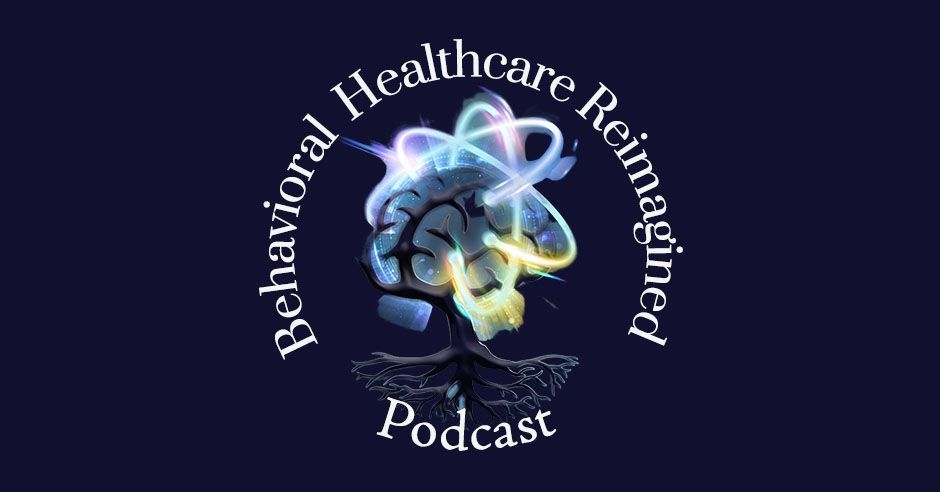The Meaning of Behavior Healthcare Day has Shifted with the Pandemic
We must find new models of care and expand methods of delivery.

Mental healthcare workers took a hit as frontline workers and did a remarkable job. They were taking care of the emotionally wounded while simultaneously learning new methods of treatment. Both of which are full-time jobs individually.
Yet, they stepped up to the plate and did it! Commendable, but should this be how behavioral healthcare operates? I think not.
The reality is that behavioral | mental health has done very little to become relevant and move into the 21st century. The pandemic only served to showcase just how behind we are in behavioral healthcare methods and delivery.
We must find new models of care and expand methods of delivery. There are so many opportunities available such as new effective technologies through new models. Those are essential to meeting the growing needs of clients.
Telehealth did an exceptional job in meeting the needs of the millions of shut-ins during the pandemic. But innovation does not end there. In this era, new value-based care, better tracking systems, creating higher quality care for a broader population are critical.
Now that the dust is settling, we are at the apex for behavioral healthcare to embrace innovation and be positioned to overcome any unexpected challenges. Behavioral healthcare needs a fresh perspective. With unique ways to increase client engagement, meet client needs, new models of methods and programming, and integrate behavioral health with various delivery methods.
Now is the time to analyze behavioral healthcare. Assess what worked, what no longer works, and how to be prepared for any sudden surge of behavioral health needs. Meeting client expectations before they even know this is what they want and reimagining behavioral healthcare.
Behavioral Healthcare Reimagined









